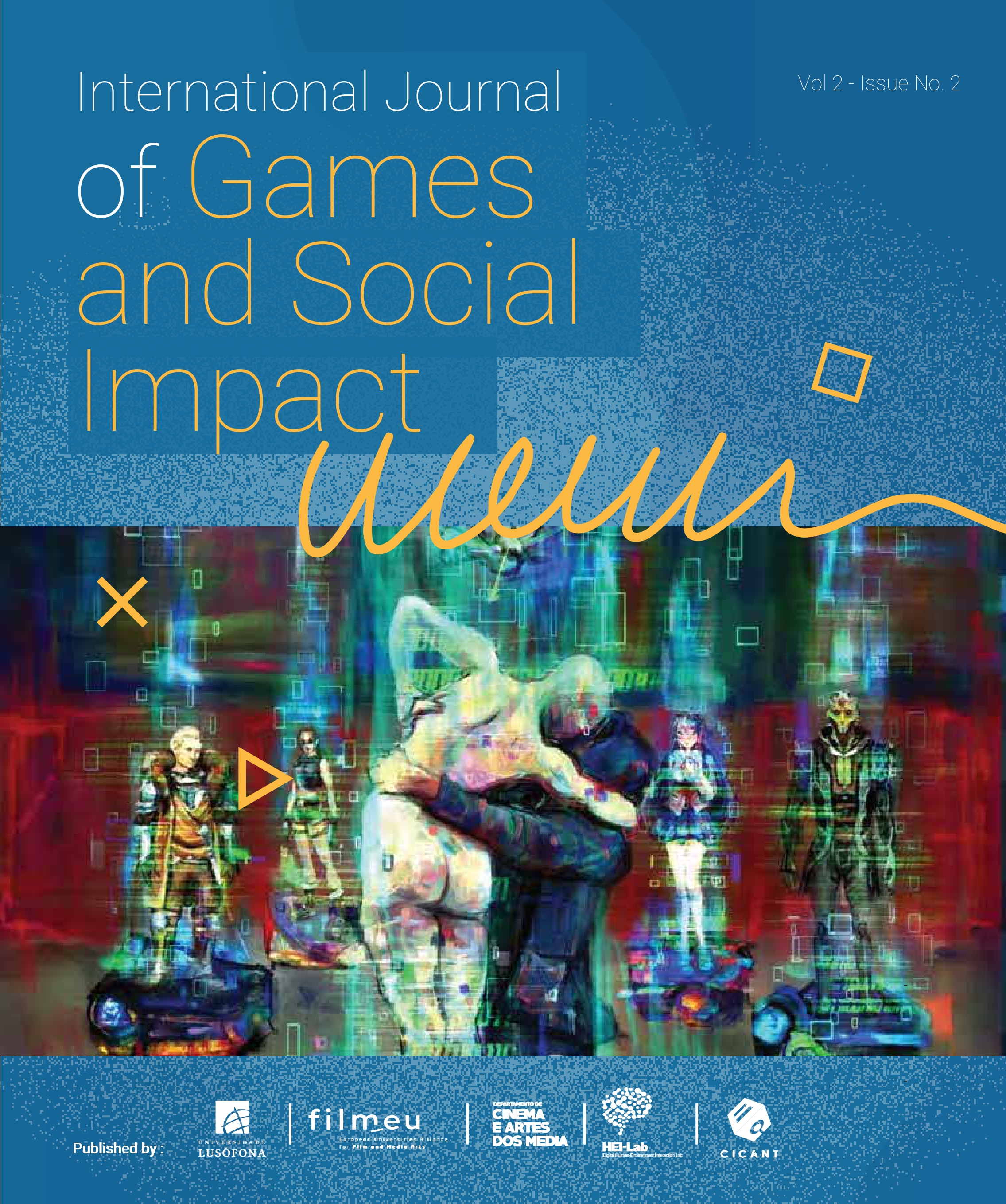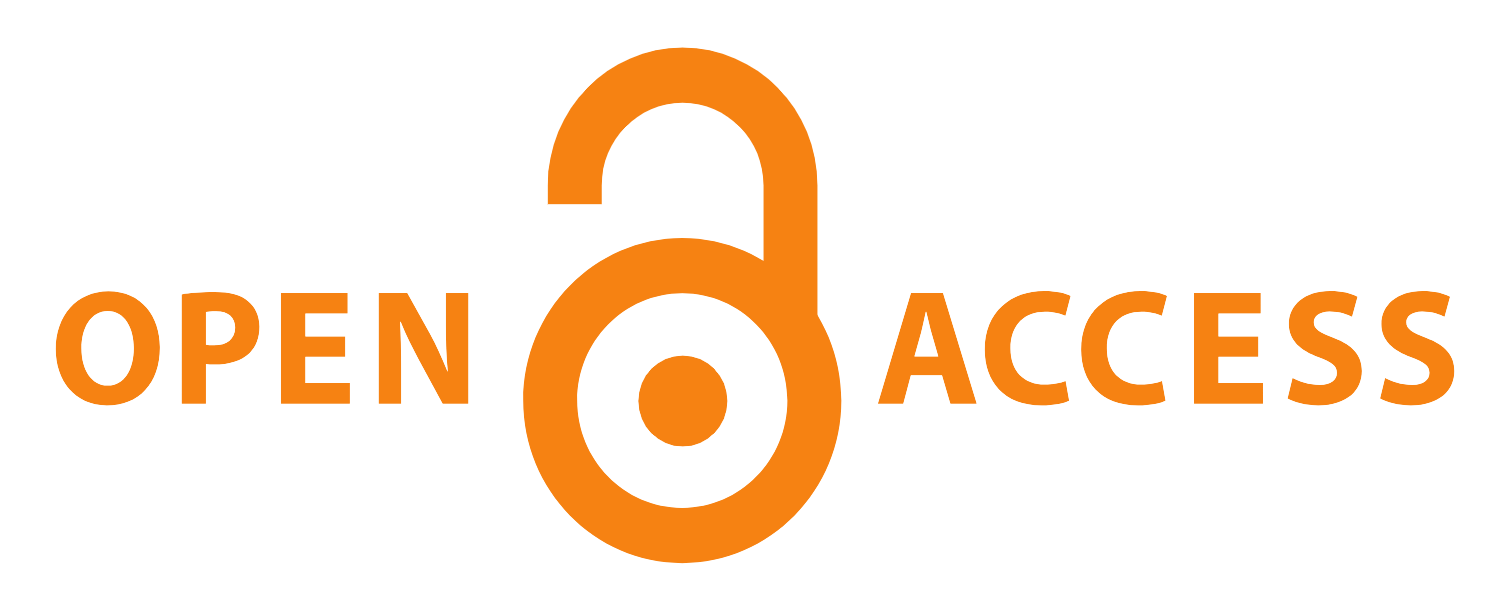Gameful Pedagogy: Towards a Students' Bill of Rights
Abstract
Adopting the central premise of gameful pedagogy that the rules and mechanics of classrooms can be productively analyzed as if they were games, this paper summarizes the results of a study that adopts the concerns of player-centered user-experience to evaluate the effects of instructional design on students’ well-being. Taking inspiration from game designer Graham Nelson’s “Players’ Bill of Rights,” we conducted focus group sessions with undergraduates at the University of Illinois, asking them to connect specific elements of instructional design with their emotional experiences in the classroom. In crafting an analogous “Students’ Bill of Rights,” we reframed course development as a student-centered design process. Student well-being is often implicit within learning frameworks which promote inclusive course design, but there is a need to make the connection between instruction and wellness more explicit. This study provides empirical support for best practices in instructional design and recommends that instructional designers become more conscious of the effect of course design elements on the emotional well-being of students.
Downloads
Copyright (c) 2024 Judith Pintar, Courtney Richardson, Alyssa Choi, Jessica Cruz-Taylor, David A. Hopping, Megi Mecolli, Omorewo Oshe

This work is licensed under a Creative Commons Attribution-NonCommercial-ShareAlike 4.0 International License.
This work is licensed under a Creative Commons Attribution-NonCommercial-ShareAlike 4.0 International License. The rights of each article are attributed to their author(s).









